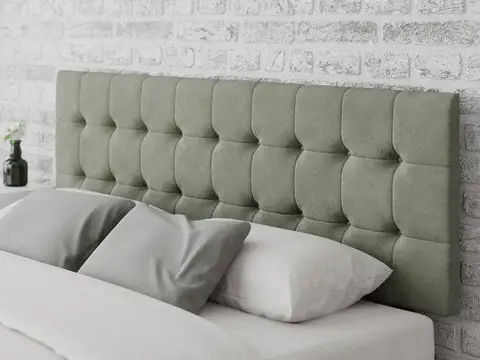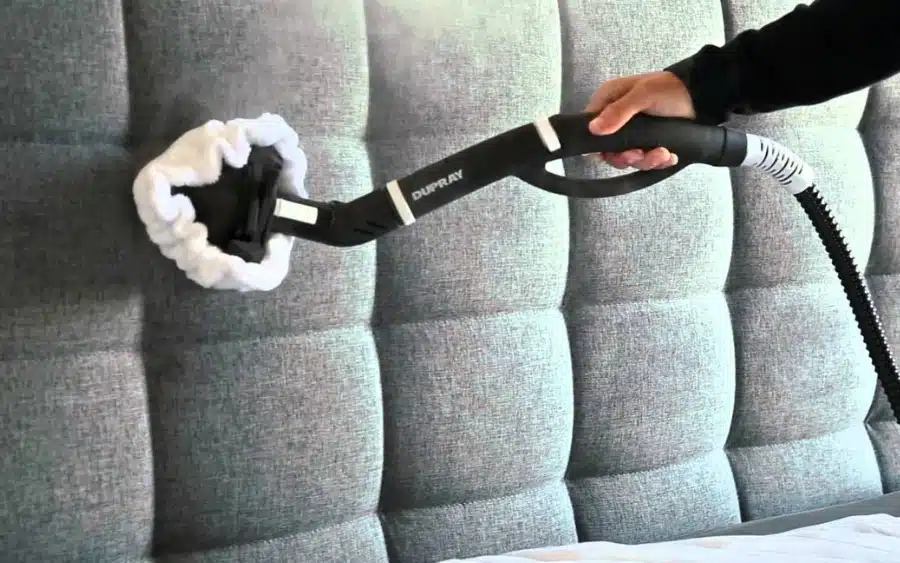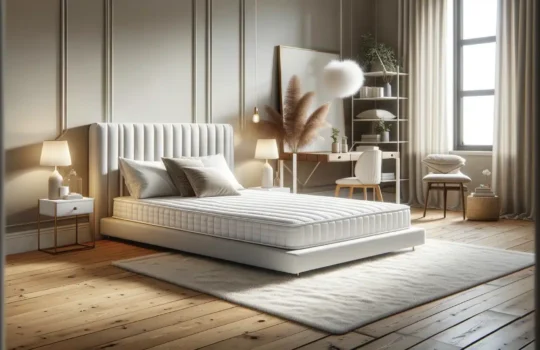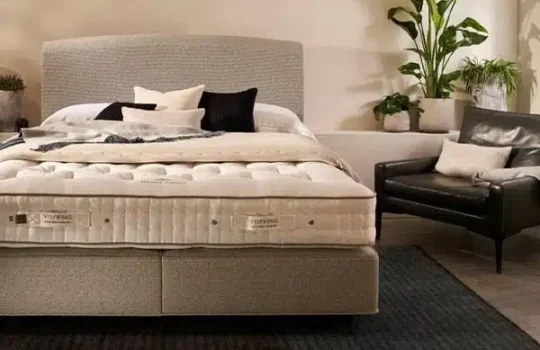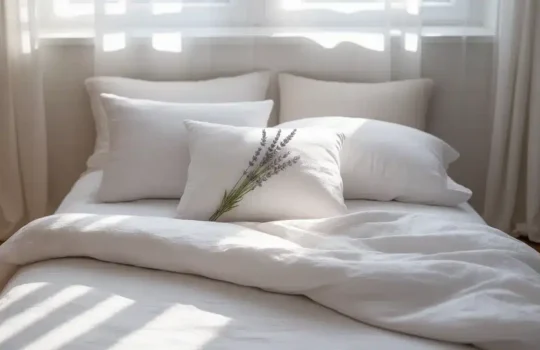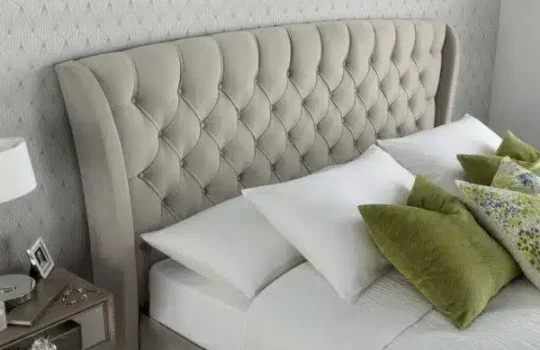A headboard is usually the focal point of a bedroom, providing style and comfort to your room. However, it can eventually gather dust, dirt, and even scalp oil from routine usage. If you have been asking yourself how to clean a headboard or how to specifically get rid of scalp oil from a headboard, this tutorial will take you through the best steps on how to make your bed look clean and welcoming.
Why Do Headboards Get Dirty?
Headboards get dirty automatically due to their position. Whenever you sit back to read or relax, your hair and skin deposit oil on the surface. With time, scalp oil tends to form stains, particularly on upholstered or wooden headboards. Dust, pet dander, and sweat also contribute to the accumulation, and therefore cleaning them regularly is necessary for hygiene and looks.
How to Remove Scalp Oil from Headboard
If you’ve noticed greasy patches, here’s how to remove scalp oil from headboard surfaces effectively:
- Fabric headboards: Mix mild dish soap with warm water and gently scrub the stained area using a soft cloth or sponge. For stubborn stains, sprinkle baking soda on the spot, let it sit for 15 minutes, then vacuum.
- Leather or faux leather headboards: Clean with a damp cloth and a small dab of mild soap. Dry with a dry cloth to avoid water spots. To add a shine, use a leather conditioner.
- Wooden headboards: Mix equal parts water and vinegar into a cleaning solution. Dampen a cloth with the solution and clean gently to remove oily buildup without harming the wood.
- Metal headboards: These are the simplest to clean. With a microfiber cloth and warm soapy water, and then quickly dry to avoid rust.
General Tips on How to Clean a Headboard
Aside from scalp oil, headboards require periodic maintenance to avoid dust and stains from accumulating. These simple cleaning tips will depend on the material:
- Upholstered headboards: Vacuum daily using a brush attachment to get rid of dust and allergens.
- Leather headboards: Clean weekly with a soft cloth and a leather cleaner every several months.
- Wooden headboards: Dust regularly and polish periodically to preserve the shine.
- Metal headboards: Clean with mild soap and water, and then buff with a dry cloth for the reflective effect.
- Velvet headboards: Use a handheld steamer or a fabric brush to keep the fibers new and smooth.
Keeping Your Headboard Fresh Longer
Since you now know how to clean a headboard, it’s also useful to develop habits that prevent buildup from occurring in the first place. Experiment with putting a pillow or cushion between your head and the headboard when you wake up and sit up in bed. Shampoo your hair routinely to keep the scalp oil transfer minimized, and don’t lean against the headboard when you have wet or oily hair. Dusting and spot cleaning every so often will also spare you the need to thoroughly clean later.
Final Thoughts
It’s easier than it appears to learn how to remove scalp oil from headboard surfaces and maintain them free of dirt. With the proper cleaning method for your material—be it fabric, leather, wood, or metal—you can revive the look of your headboard and add years to its life. A bit of routine maintenance makes all the difference and keeps your headboard looking stylish and clean for years to come.
Ready to give your bed a makeover? Follow these easy cleaning tips today and enjoy a spotless, cozy headboard!
FAQs
Q1: What is the best way to clean fabric bed headboard stains?
A1: Mix mild dish soap with warm water, gently scrub the stains with a soft cloth, and let it air dry. For tougher stains, sprinkle baking soda before vacuuming.
Q2: Can I use baking soda on all fabric headboards?
A2: Yes, baking soda is safe for most fabrics as it absorbs oil and odors, but always test a small hidden area first.
Q3: How often should I clean my fabric headboard?
A3: Vacuum weekly to prevent dust buildup and do a deep clean every 1–2 months or whenever stains appear.
Q4: Can steam cleaning damage a fabric headboard?
A4: Steam cleaning is safe for most fabrics if done carefully, but avoid excessive moisture to prevent mold or warping.
Q5: What prevents fabric headboard stains from recurring?
A5: Regular dusting, using a pillow barrier, and avoiding leaning with oily or wet hair help reduce stains and buildup.

